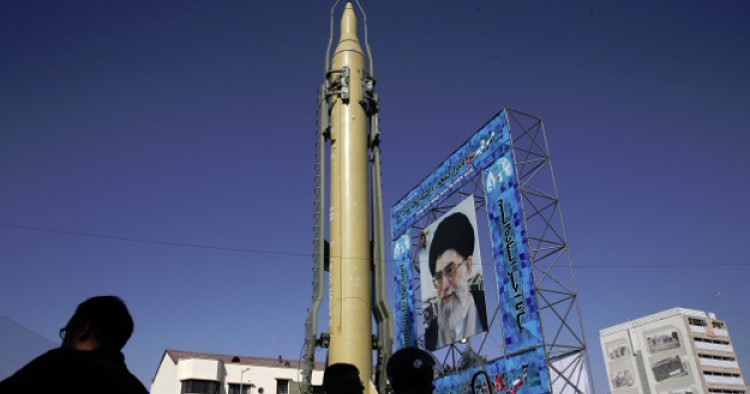A top Iranian military commander has announced that the country’s Army Ground Force will commence the production lines of four “strategic” military products in the current Iranian year, which began on March 21. “We will inaugurate four production lines for various strategic defense equipment that would be a big and revolutionary step to address our needs for different types of indigenous equipment,” Commander of Iran’s Army Ground Force Brigadier General Kiomars Heidari said at a press conference in Tehran today. He emphasized the move is based on instructions from Supreme Leader Ali Khamenei. The new production will include parts of tanks, armored personnel carriers and military choppers.
Comment: The Islamic Republic has stepped up its efforts to modernize its military and enhance domestic production of military equipment. At present, the Iranian military is still dependent on Russia, China, North Korea and other foreign suppliers to procure much of its requirement for military equipment. Based on Khamenei’s guidelines, the Iranian military has recently put particular focus on producing military weapons and other equipment at home and reduce the country's dependence on foreign suppliers to a minimum.
Last year, Iran’s Supreme Leader Ali Khamenei had stressed that “Iran's defensive capability and power must be increased so that the bullying powers would feel threatened.” Additional financial resources from sanctions relief after the 2015 nuclear agreement appear to have helped Iran in this regard. Despite growing international concern, Iran has increased the production of long-range missiles – a key source of tension between Tehran and Washington since President Donald Trump took office in January.
In addition to meeting military needs domestically, the Iranian military also seeks to become a major arms exporter in the future. In January, Iranian Defense Minister Brigadier General Hossein Dehghan announced that the Islamic Republic was ready to export small-caliber ammunition to foreign countries. “By inaugurating and launching this production line, in addition to meeting all needs of the armed forces to small-caliber ammunition, the production capacity for such ammunition has doubled and the ground is paved to export it as well.”
The Middle East Institute (MEI) is an independent, non-partisan, non-for-profit, educational organization. It does not engage in advocacy and its scholars’ opinions are their own. MEI welcomes financial donations, but retains sole editorial control over its work and its publications reflect only the authors’ views. For a listing of MEI donors, please click here.













